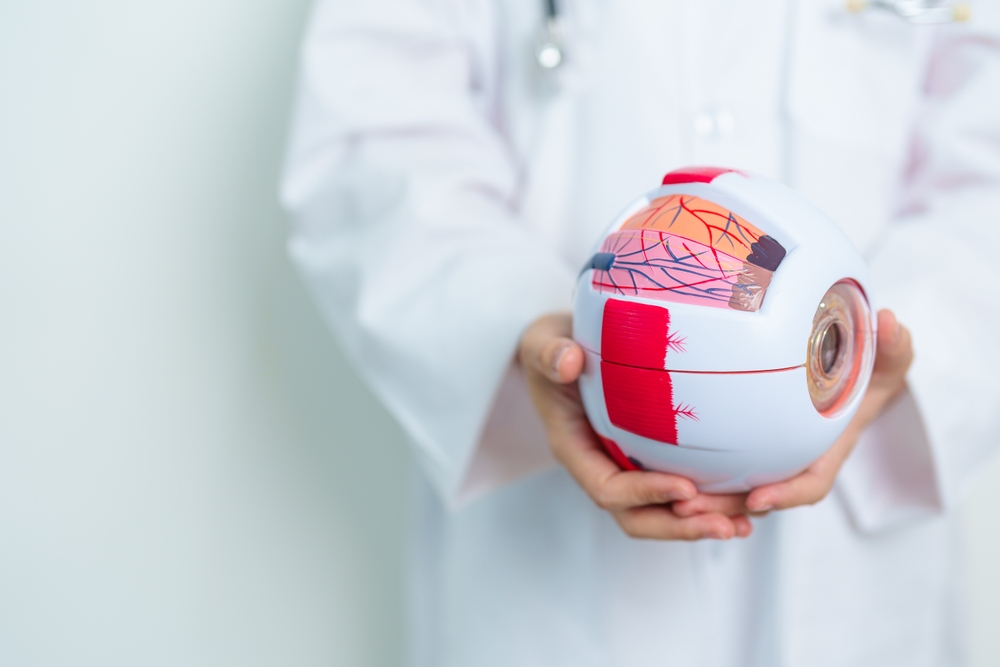
Diabetes is known for its significant impact on various aspects of health. But what many people don't realize is how deeply it can affect vision. Understanding the correlation between diabetes and vision is crucial for managing this disease effectively.
The detrimental impact of diabetes on the eyes is due to high blood sugar levels, which can damage the tiny blood vessels in the eyes, leading to a condition known as diabetic retinopathy. Aside from diabetic retinopathy, individuals with diabetes are also at a higher risk of developing other eye conditions such as cataracts and glaucoma. These conditions, if left untreated, could lead to severe visual impairment or even blindness.
The Importance of Eye Health in Diabetes Management
Eye health is a critical aspect of diabetes management. The reason is simple: high blood sugar levels can lead to significant damage to the eyes, which can ultimately result in vision loss. Thus, maintaining optimal eye health is not just about preserving vision, but also about ensuring the overall well-being of diabetic patients.
It's important to note that while the damage caused by diabetes to the eyes is often gradual, it can also be irreversible. This is why it's critical to detect these changes as early as possible. Regular eye exams play a pivotal role in detecting any changes in the eye that may indicate a potential problem, allowing for early intervention and treatment.
Maintaining good eye health also involves managing your diabetes well. This means keeping your blood sugar levels under control, maintaining a healthy diet, getting regular exercise, and refraining from smoking. All these factors contribute to keeping your eyes healthy and minimizing the risk of developing diabetes-related eye conditions.
Why Diabetic Patients Need Special Eye Exams?
These exams are different from the regular eye check-ups that most people have. They are more thorough and are specifically designed to detect any changes in the eyes that could be indicative of diabetes-related eye diseases.
A special eye exam for a diabetic patient typically includes a comprehensive examination of the retina, the part of the eye that is most affected by diabetes. The ophthalmologist will use specialized instruments to check for signs of damage such as swelling, bleeding, or the presence of abnormal blood vessels. In addition, the eye doctor may also perform a test called fluorescein angiography to get a detailed look at the blood vessels in the retina.
These special eye exams are crucial because they can catch diabetes-related eye diseases in their early stages, allowing for timely treatment. Early detection and treatment can significantly slow down the progression of these diseases, helping to preserve vision in diabetic patients.
Prioritizing Eye Health in Diabetes Management
Prioritizing eye health is an integral part of diabetes management. Diabetic patients need to understand the importance of regular eye exams and screenings. These exams are not just about maintaining good vision; they're about preserving overall health and quality of life.
By detecting diabetes-related eye diseases early, we can initiate treatment in time to prevent or delay vision loss. This, coupled with managing diabetes well, can significantly reduce the risk of developing these eye conditions.
If you or a loved one has diabetes, schedule your next eye exam at Metro Eye Care in our Edwardsville, Illinois office. Call (618) 659-1900 to book an appointment today.





